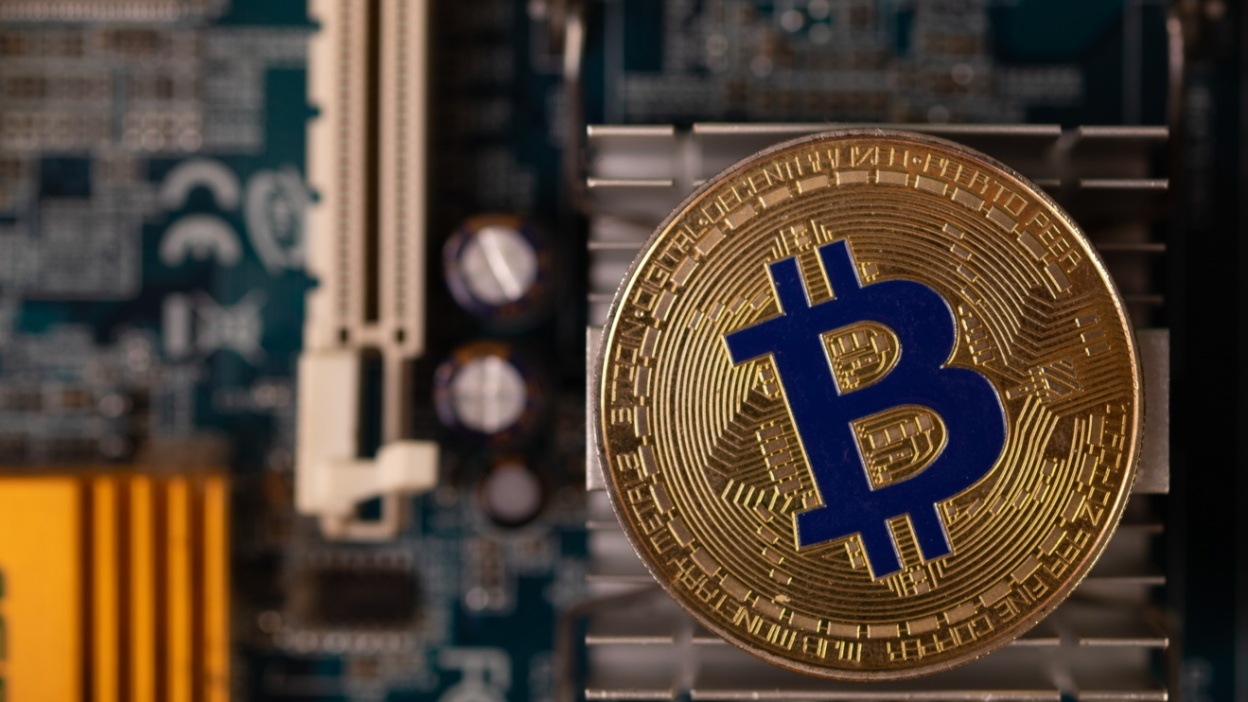One of the best things about the blockchain is that, because it is a decentralized system that exists between all permitted parties, there’s no need to pay intermediaries (Middlemen) and it saves you time and conflict. Blockchains have their problems, but they are rated, undeniably, faster, cheaper, and more secure than traditional systems, which is why banks and governments are turning to them.
In 1994, Nick Szabo, a legal scholar, and cryptographer, realized that the decentralized ledger could be used for smart contracts, otherwise called self-executing contracts, blockchain contracts, or digital contracts. In this format, contracts could be converted to computer code, stored and replicated on the system and supervised by the network of computers that run the blockchain. This would also result in ledger feedback such as transferring money and receiving service.
Stats & Charts
Smart contracts help you exchange money, property, shares, or anything of value in a transparent, conflict-free way while avoiding the services of a middleman.
The best way to describe smart contracts is to compare the technology to a vending machine. Ordinarily, you would go to a lawyer or a notary, pay them, and wait while you get the document. With smart contracts, you simply drop a bitcoin into the vending machine (i.e. ledger), and your escrow, driver’s license, or whatever drops into your account.
More so, smart contracts not only define the rules and penalties around an agreement in the same way that a traditional contract does, but also automatically enforce those obligations.
Bitcoin donation:

How You Can Use Smart Contracts?
Custom Tokens
Revenue Sharing
Large File Transactions
Key Benifits
Our fees depends on the exchange you select for your transaction. The conversion rate you see is inclusive of the fees. Our fees does not include any amount charged by the exchange itself.
Our fees depends on the exchange you select for your transaction. The conversion rate you see is inclusive of the fees. Our fees does not include any amount charged by the exchange itself.
Our fees depends on the exchange you select for your transaction. The conversion rate you see is inclusive of the fees. Our fees does not include any amount charged by the exchange itself.
